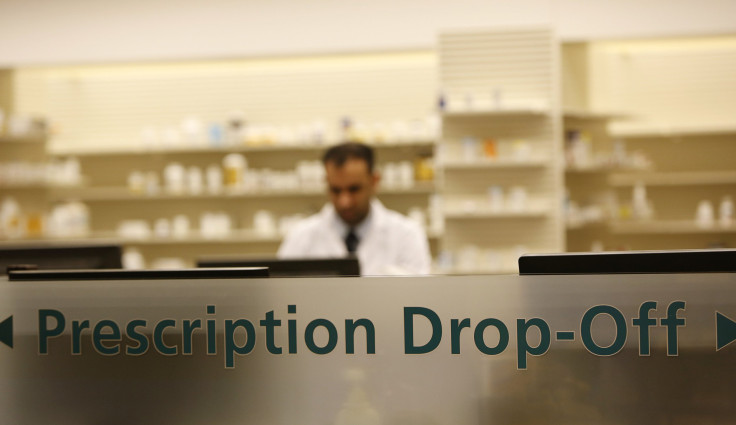Specialty Meds Contributed To Sharp Rise In Drug Spending Last Year, Study Finds

The $373.9 billion the United States spent on prescription drugs last year signified the largest increase in spending on medicines since 2001, a new study says. Specialty drugs, such as those for hepatitis C and multiple sclerosis, were major contributors to this increase.
The study, released Tuesday by the IMS Institute for Healthcare Informatics, found that spending on prescription drugs in the U.S. increased by 13.1 percent in 2014. Murray Aitken, director of the institute, said that the 11.7 million people who were newly covered under the Affordable Care Act, also known as Obamacare, were not the primary causes of this increase in spending, Bloomberg reported.
Instead, more new drugs were approved last year than any other year since 2001, especially for complex conditions and chronic illnesses. There was Sovaldi, for instance, a drug for hepatitis C that costs $1,000 per pill and is usually taken once a day. The full course of treatment for this liver disease typically costs $84,000, and the drug also cures about 90 percent of those who take it. Overall, spending on specialty drugs like Sovaldi comprised one-third of drug spending last year.
Those who were newly covered by Medicaid in states where the program was expanded under Obamacare also filled more prescriptions, the study said. In states that expanded Medicaid, patients filled prescriptions 25.4 percent more than they did before Medicaid expanded. In states that didn't expand their programs, only 2.8 percent more prescriptions were filled. The difference suggested that in states that expanded Medicaid, people were using the health care available to them, Sabrina Corlette, a research fellow at Georgetown University, told the New York Times.
Another reason drug spending rose was because of less competition from generic drugs, as fewer brand name patents expired last year. Aitken said that the marked increase in drug spending in 2014 was not expected to become the norm, although drug spending was expected to increase in future years.
© Copyright IBTimes 2024. All rights reserved.






















